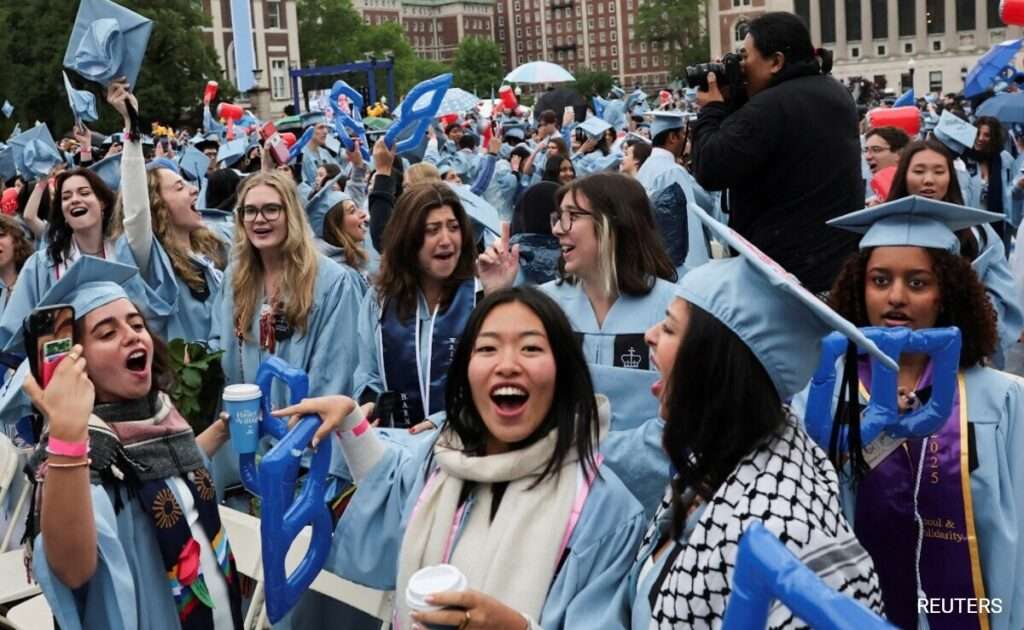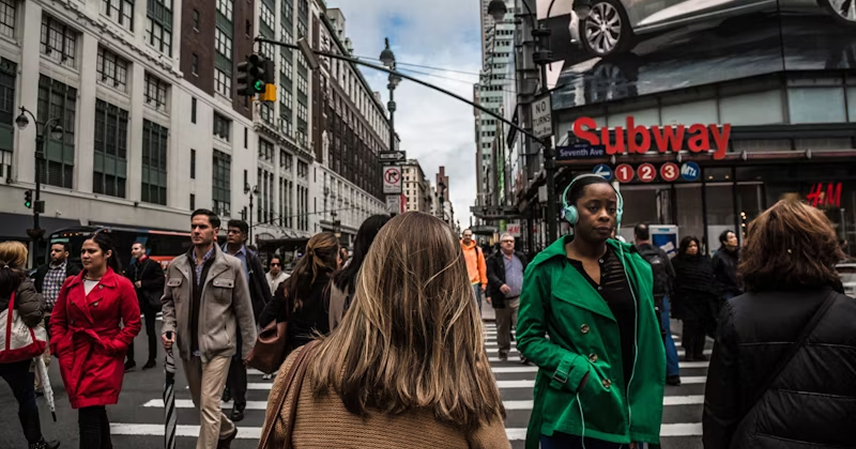In a sweeping policy shift, the Trump administration has announced plans to aggressively revoke U.S. visas for Chinese students, particularly those affiliated with the Chinese Communist Party (CCP) or enrolled in sensitive academic fields. Secretary of State Marco Rubio outlined the new initiative, citing national security concerns and the growing need to curtail foreign influence in American higher education.
The Departments of State and Homeland Security are set to collaborate in revising visa guidelines, which will include intensified background checks and a halt to the processing of certain visa applications from mainland China and Hong Kong. This development follows an earlier internal directive pausing new student visa interviews and builds upon previous actions that led to the revocation of visas for over 4,000 foreign nationals involved in criminal activities.
Chinese students represent one of the largest groups of international scholars in the United States, with close to 300,000 student visas issued annually. The policy change is expected to have far-reaching implications for American universities, many of which rely on international students for both tuition revenue and research talent. The sudden shift may disrupt academic timelines and career aspirations for thousands of young scholars.
Critics of the policy argue that such a blanket measure risks stifling innovation and damaging America’s standing as a global leader in higher education. University leaders have voiced concern over the potential chilling effect on international collaborations, particularly in science, technology, engineering, and mathematics (STEM) fields. Additionally, human rights groups have warned that the new rules could lead to racial profiling and a breach of academic freedom.
The Chinese government has strongly condemned the move, labeling it as discriminatory and politically motivated. In response, many affected students are seeking alternatives, considering institutions in countries like the United Kingdom, Australia, or Canada. Notably, Hong Kong’s Chief Executive, John Lee, has expressed a willingness to accommodate displaced students, framing the situation as an opportunity to attract academic talent to the region.
This latest development is part of a broader crackdown on perceived foreign threats under the Trump administration. Recent months have also seen increased enforcement measures against foreign nationals linked to campus protests, as well as the implementation of Executive Order 14188. The order mandates federal monitoring of “alien students and staff” in educational institutions and aims to curb what it defines as “anti-American” activities.
As geopolitical tensions between the United States and China continue to rise, the academic sector finds itself caught in the crossfire. With the landscape of international education rapidly evolving, both universities and students must adapt to a more restrictive and uncertain environment. For many Chinese students, the message is clear: the welcoming atmosphere that once defined American education is fading fast.



